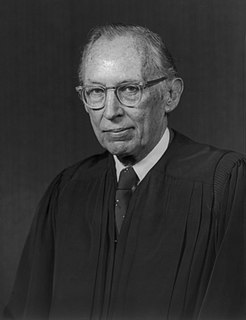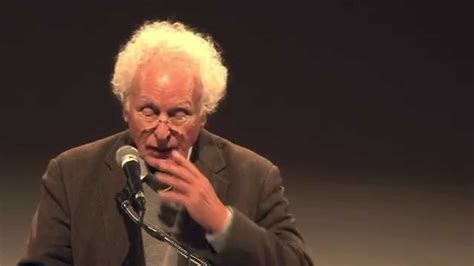A Quote by Ruzwana Bashir
If millions of Americans choose to weigh in on the outcome of "American Idol" through text messages and the Web, then why not harness similar technological tools to encourage discourse on the political landscape?
Related Quotes
The public discourse on global warming has little in common with the standards of scientific discourse. Rather, it is part of political discourse where comments are made to secure the political base and frighten the opposition rather than to illuminate issues. In political discourse, information is to be 'spun' to reinforce pre-existing beliefs, and to discourage opposition.
Someday, I have no doubt, the dead from today's wars will be seen with a similar sense of sorrow at needless loss and folly as those millions of men who lie in the cemeteries of France and Belgium - and tens of millions of Americans will feel a similar revulsion for the politicians and generals who were so spendthrift with others' lives.
Americans have been dumbed down to the point where more people watching 'American Idol' than listen to the state of the union address. And that's too bad. I'm not trying to take any bread out of the mouth of Simon Cowell, but if the president is speaking to the people of the United States, and people are going to watch 'American Idol,' that's sad.
The Kremlin hacked our presidential election, is waging a cyberwar against our NATO allies, and is probing opportunities to use similar tactics against democracies worldwide. Why, then, are federal agencies, local and state governments, and millions of Americans unwittingly inviting this threat into their cyber networks and secure spaces?
The discourse on the Text should itself be nothing other than text, research, textual activity, since the Text is that social space which leaves no language safe, outside, nor any subject of the enunciation in position as judge, master, analyst, confessor, decoder. The theory of the Text can coincide only with a practice of writing.
Spurred by the unlimited texting plans offered by carriers like AT&T Mobility and Verizon Wireless, American teenagers sent and received an average of 2,272 text messages per month in the fourth quarter of 2008, according to the Nielsen Company - almost 80 messages a day, more than double the average of a year earlier.


































